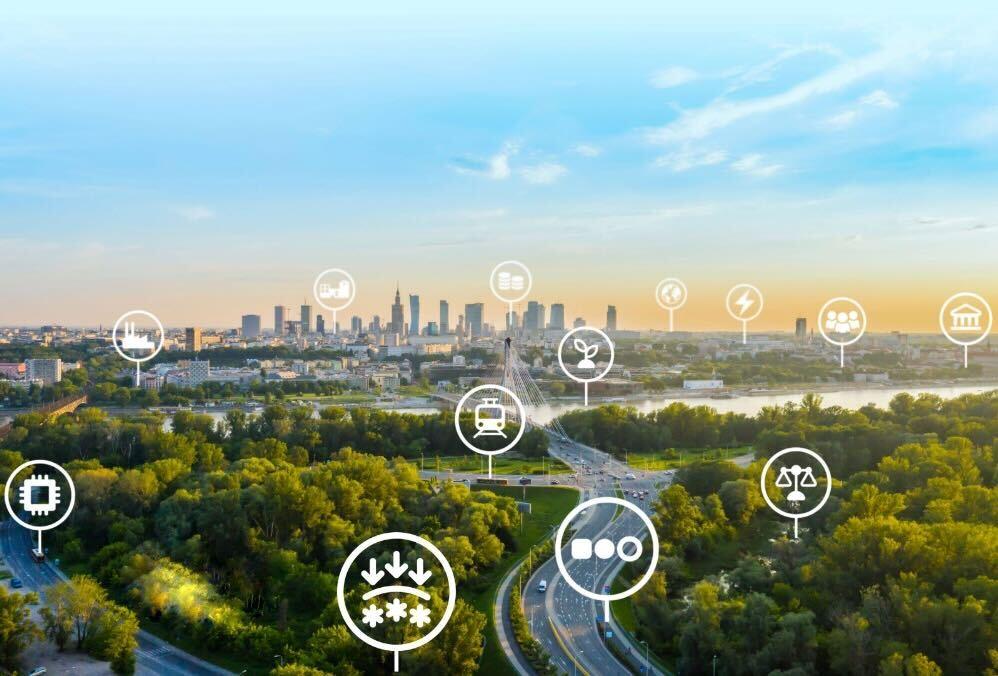Glossary
Glossary
Progress Tracker
Tracking progress towards climate neutrality
ECNO uses an indicator-based framework to track real-world progress across traditional economic sectors and cross-cutting areas. Together, these form the ‘building blocks’ of a climate neutral future. ECNO releases its progress report annually.
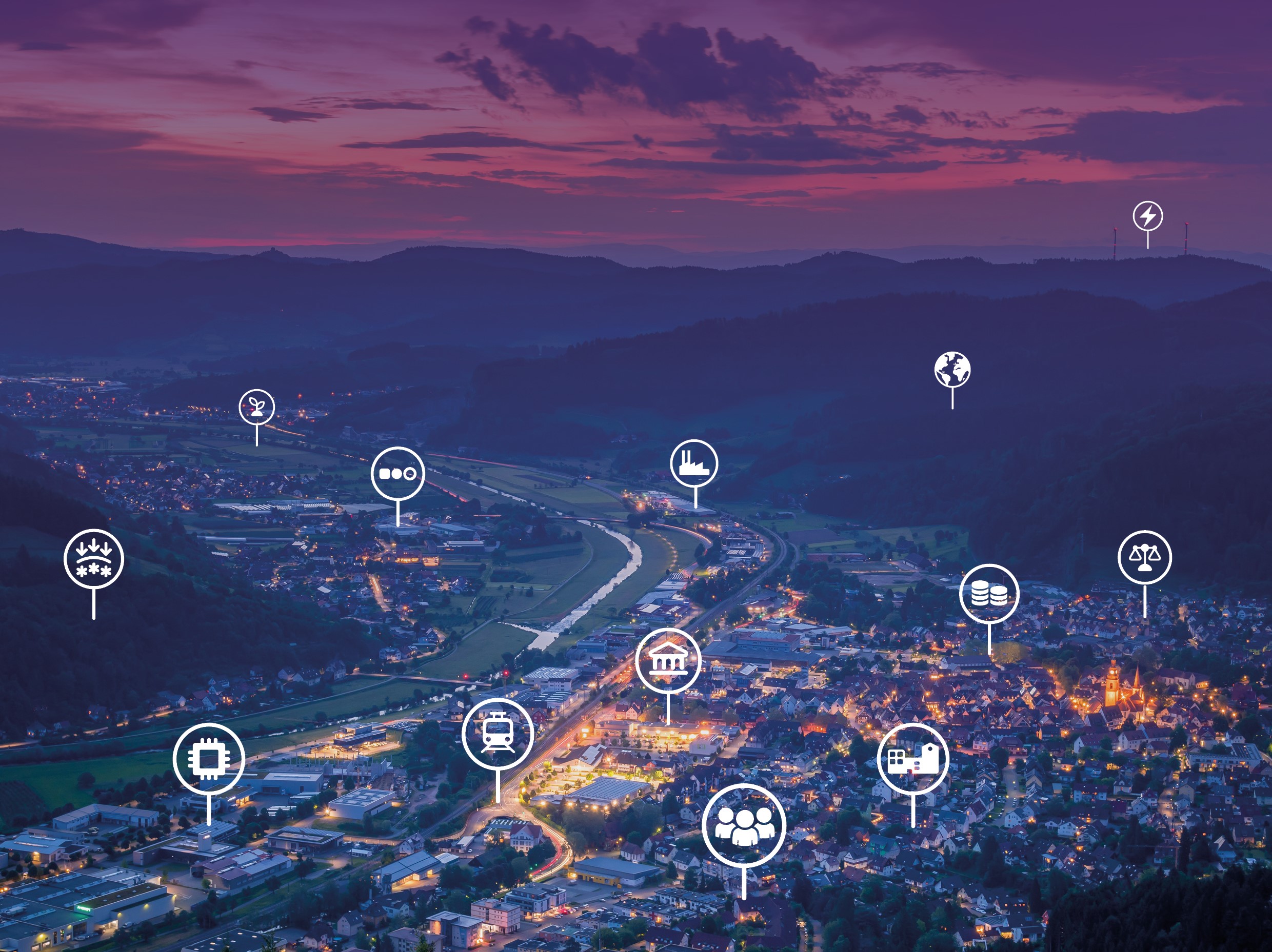
Latest Progress Assessment
Report: Progress to EU climate neutrality
02 July 2024
The second annual assessment of progress towards climate neutrality confirms that the EU is moving in the right direction, but that the pace is still too slow. While all 13 building blocks remained in the same progress classification as last year, there was promising progress under the emissions curve.
Building Blocks
Thirteen economic sectors and cross-cutting areas where transformation is needed to reach a climate neutral society by 2050
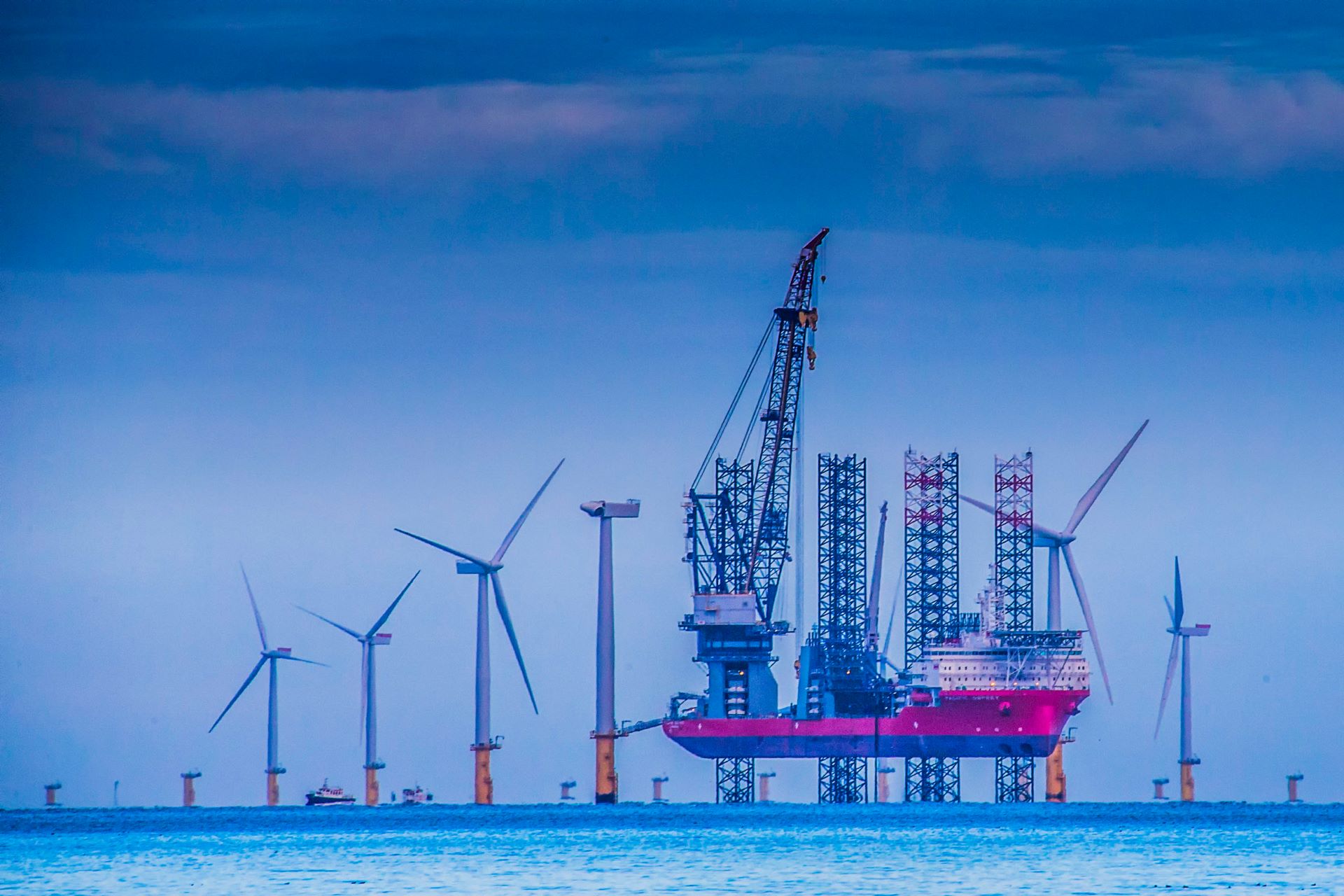

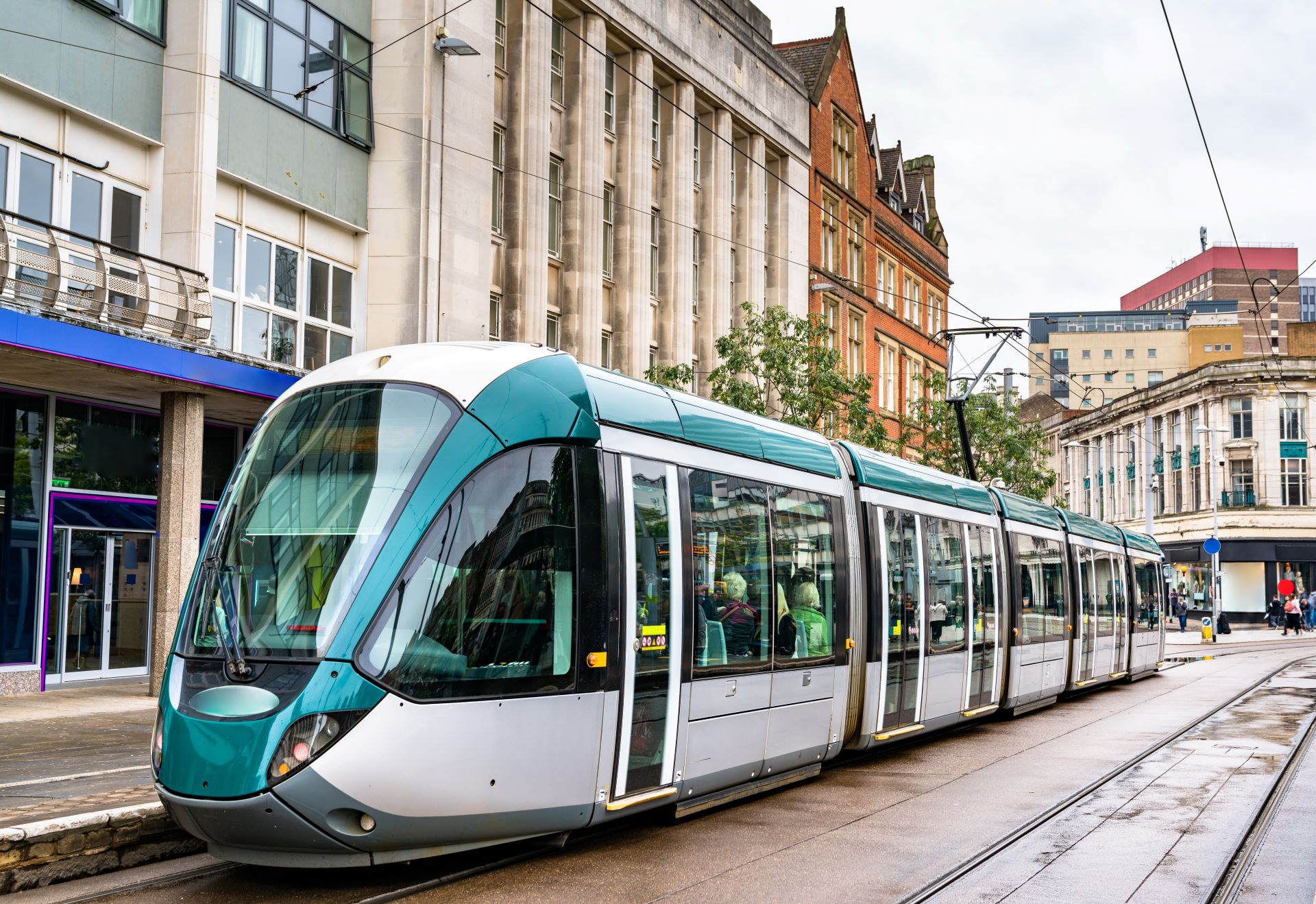

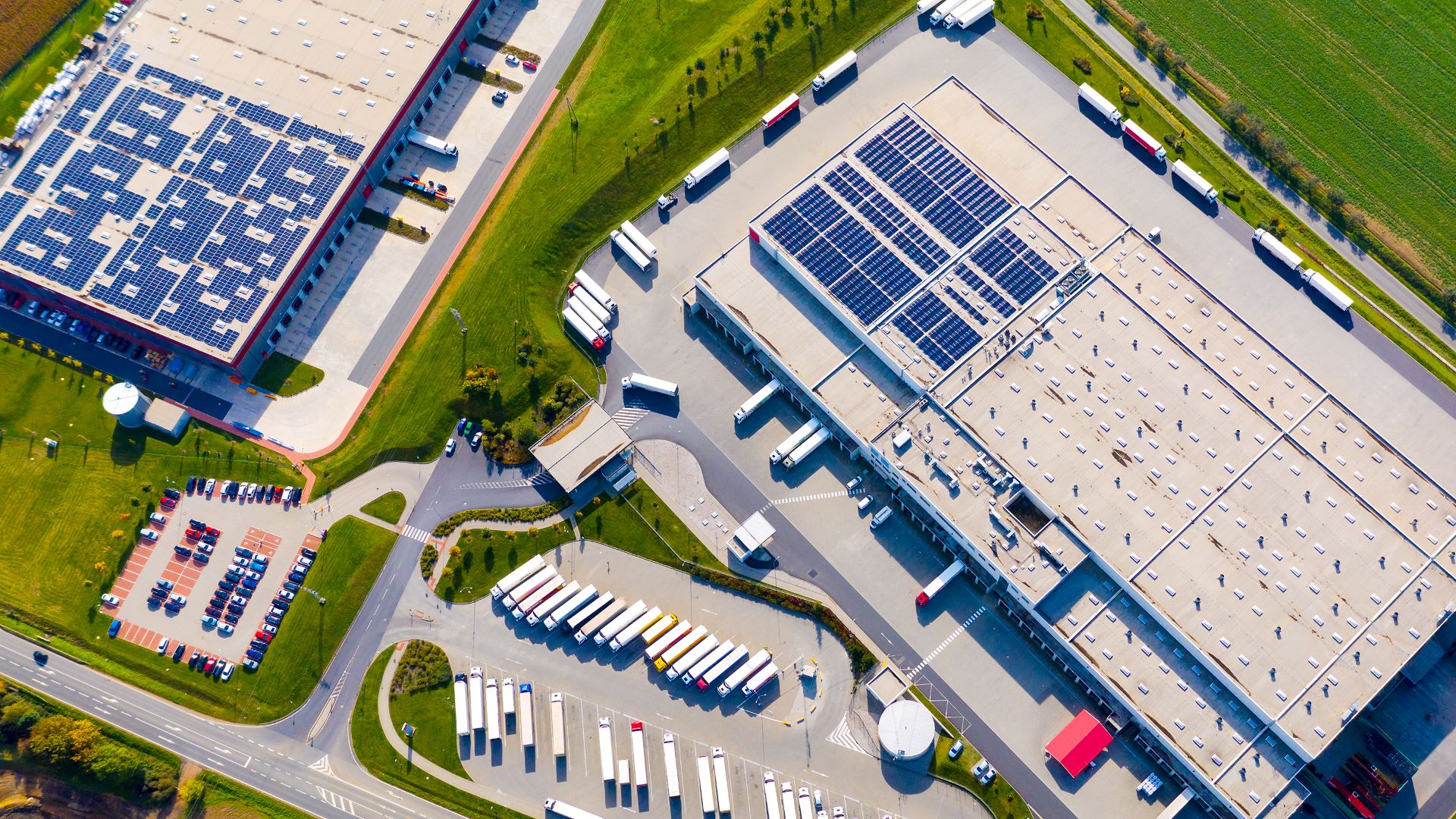







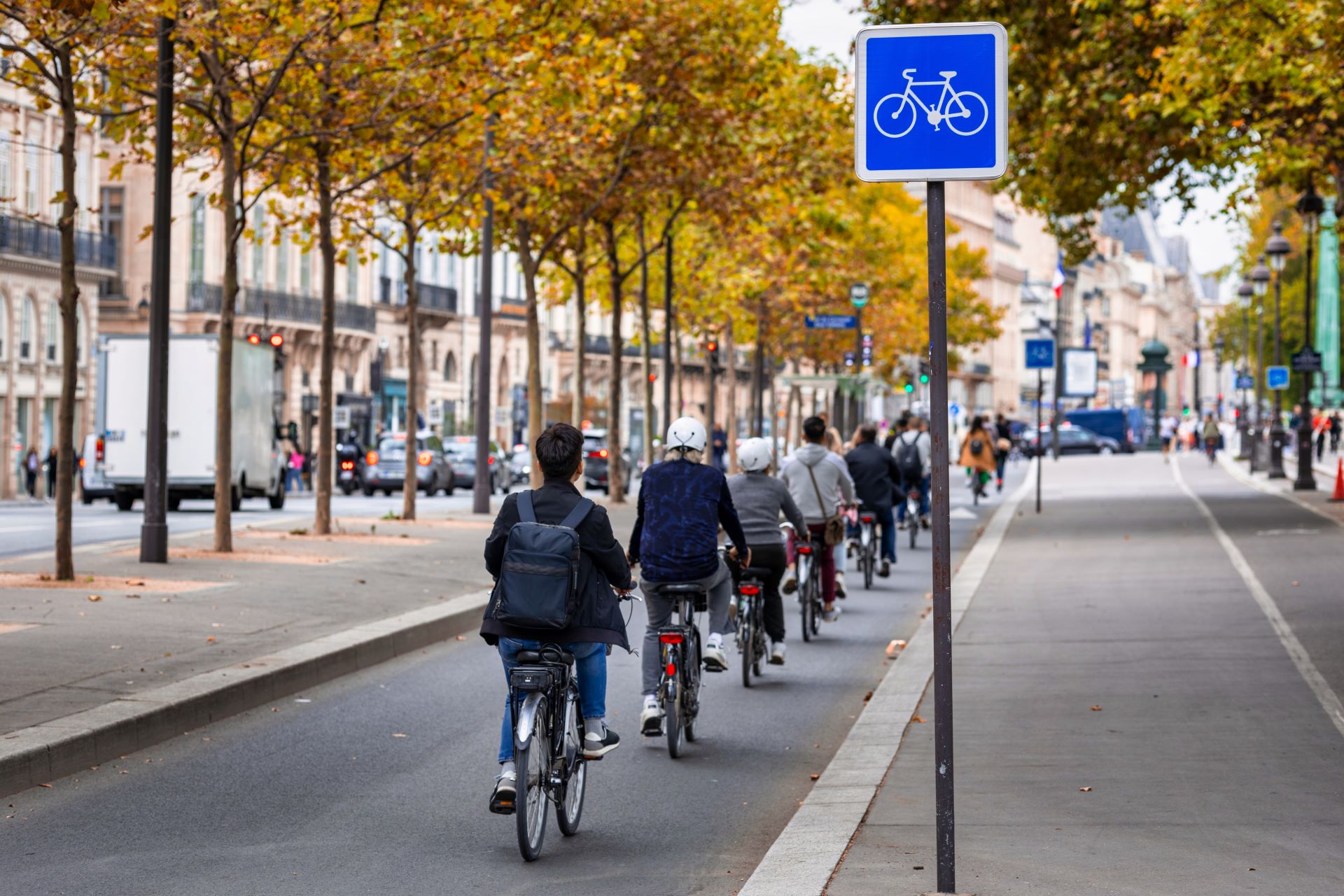







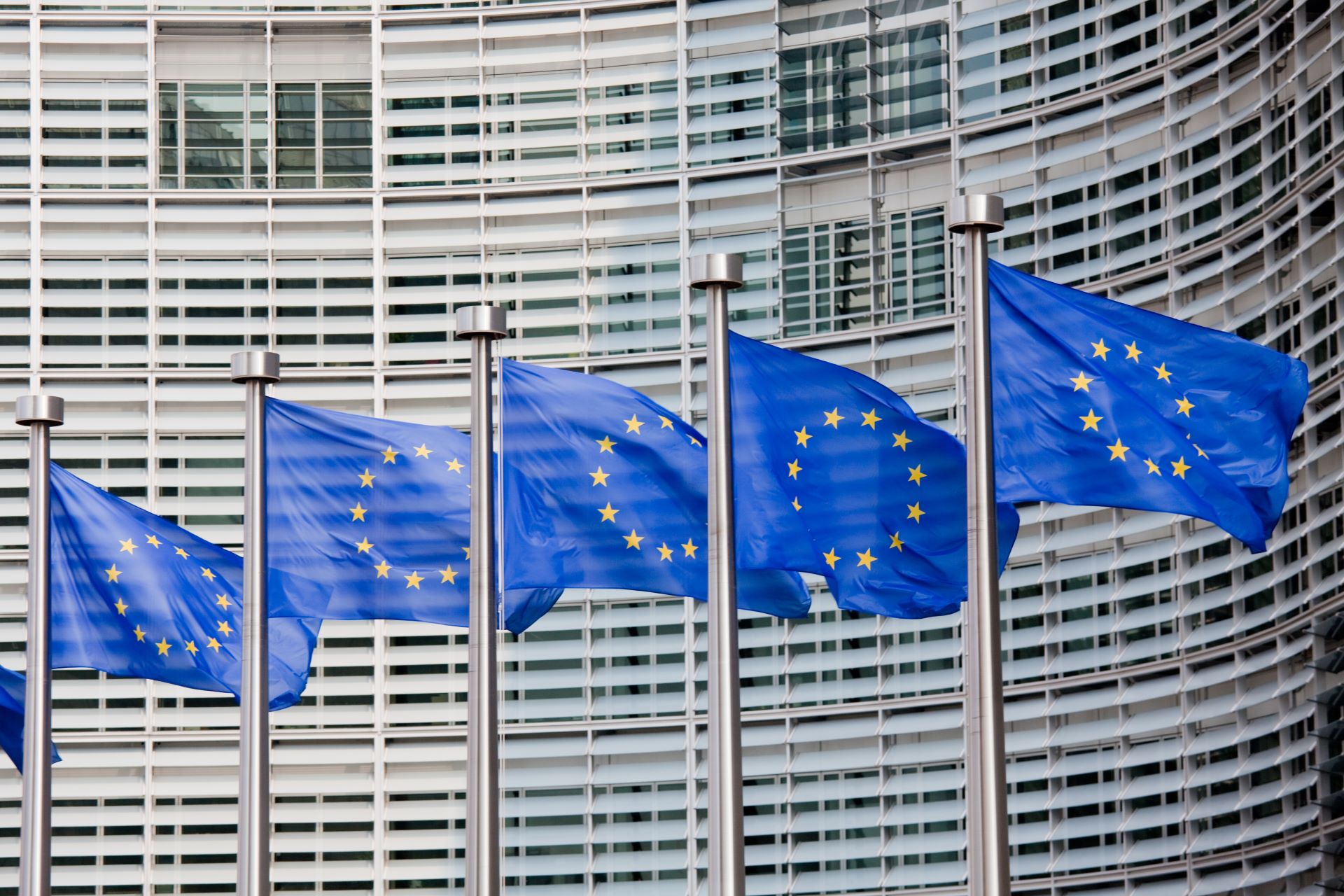





Our approach

Within each building block, we define objectives and enablers.
Objectives outline what the building block must achieve to support the overall climate neutrality goal, while enablers are the supporting conditions needed to meet the objectives in each building block. Enablers reflect on the drivers of and barriers to decarbonisation and, as such, can provide an early sense of progress – or lack thereof.





